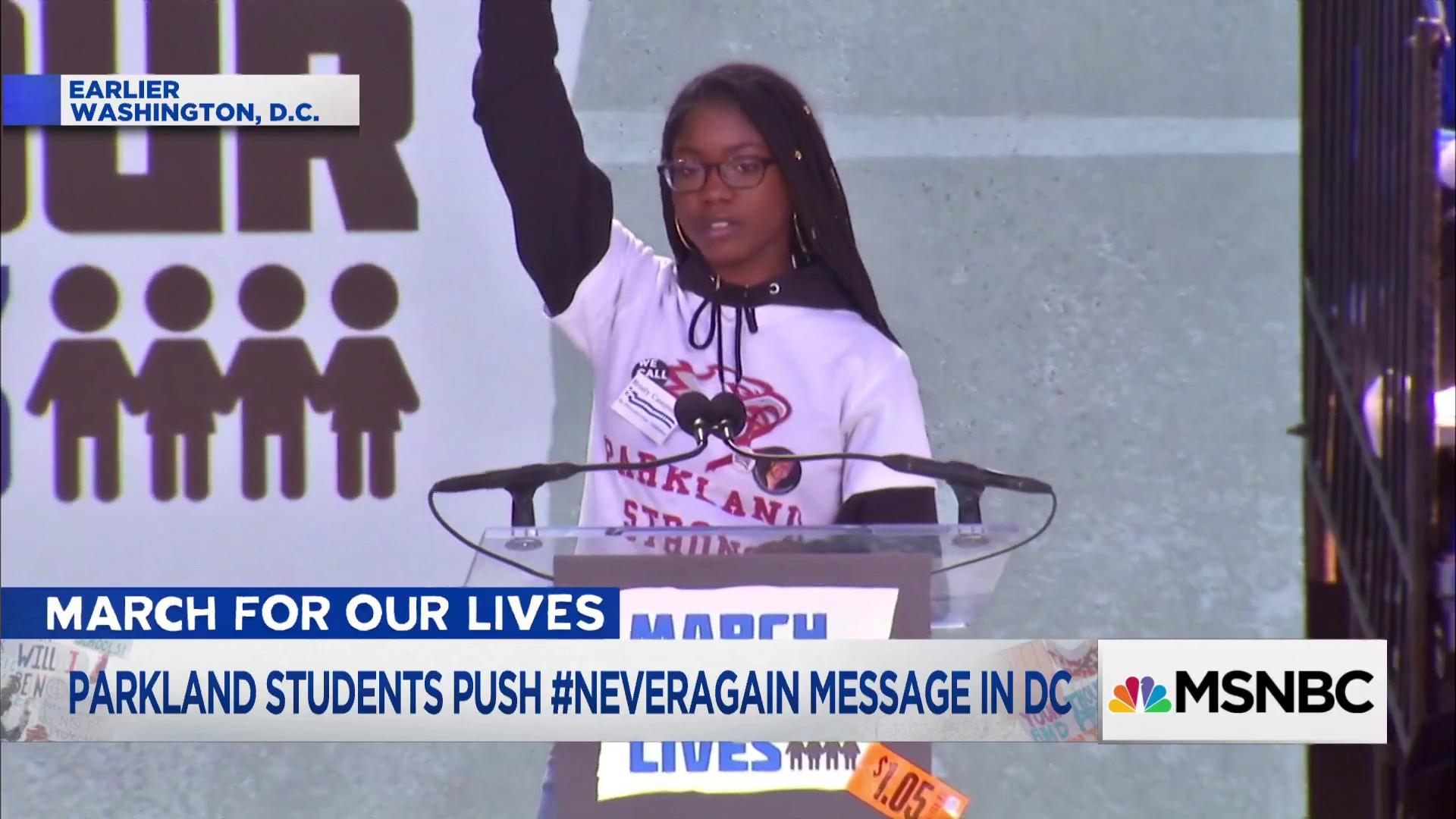
WASHINGTON — The kids have come to save us.
They have come from Florida, where their high school peers were gunned down on Valentine’s Day, inspiring them to organize Saturday’s March for Our Lives.
They have also come from Minnesota, where my two teenage nephews boarded an overnight bus to Washington to participate in the march.
They have come by the hundreds of thousands to the capital, or to the streets of their home towns — just as kids across the country, my daughter and her classmates among them, walked out of classes on March 14 to protest school shootings.
Most important, they are coming to the polls in November, the beginning of a generational wave that will upend our politics.
And they are going to get what they have come for.
They will get reasonable gun control — eventually — but they will get a lot more than that. The kids — millennials and those following, Generation Z, born since the mid-1990s and just coming of age — are going to save us from ourselves.
A Quinnipiac University poll this week shows that a whopping 67 percent of voters in the 18-to-34 age group want to see a Democratic Senate, vs. only 28 percent favoring Republicans (it’s similar for the House), a dramatically larger margin than for older generations. These voters also profess to be more motivated than usual.
The change they seek won’t come immediately. Though the National Rifle Association may be out of favor (dramatically so among young Americans), it still controls the Republican Party, which still controls Congress and the White House despite being overwhelmingly unpopular.
But the future belongs to these kids, and it is arriving. We are on the cusp of change of a magnitude not seen since the 1960s, at least, and not just on guns but on immigration, race, health care, diplomacy, the role of government and America’s place in the world.
This is a paradox of the Trump era, which every day brings more calamity: a trade war, dramatic debt expansion during an economic boom, tax cuts that expand the gap between rich and poor, the arrival of a dangerous ideologue as national security adviser, a president aligning himself with a hostile foreign power trying to disrupt U.S. democracy with an assist from America’s own Facebook empire, a leader turning Americans against each other by race, gender and religion and attacking the pillars of democratic governance.
And yet it could not be clearer that the power structure that created this mess is on its way out. Millennials will sometime next year become the largest living generation, and Generation Z is poised to be even larger. Together, they will resoundingly repudiate the status quo. Just 27 percent of millennials approve of Trump’s job performance, according to the Pew Research Center, which says the generational gap in political views is wider than at any point since Pew began examining it in the early 1990s.
This is related to rapidly changing racial demographics (millennials are more than 40 percent nonwhite, Gen Z even more so), but, even controlling for racial diversity, Pew reported in a study this month that young Americans are markedly more liberal than older cohorts.
Seventy-nine percent of millennials say immigrants strengthen America (vs. 47 percent of the oldest, Silent generation). Seventy-seven percent of millennials say good diplomacy is the best way to ensure peace (vs. 43 percent of the Silent). There are similar gaps in views of free trade, universal health care, welfare and racial discrimination, and liberal millennials outnumber conservative millennials 57 percent to 12 percent; among the oldest generation it’s almost the reverse: 28 percent liberal to 40 percent conservative.
The kids might even save us from Facebook, a creation of millennials that is now being turned into an anti-democratic weapon. The research firm eMarketer found that the number of 12- to 17-year-old American users of Facebook declined 9.9 percent in 2017, part of a drop of 2.8 million U.S. users of Facebook under age 25.
On gun control, there is broad and growing support across generations. But the issue of mass shootings is the “defining fear” for the youngest Americans, according to an attempt by USA Today and Ipsos to poll 13- to 24-year-olds. The survey, released this week, found that gun violence eclipses all other worries, including terrorism, racism, college affordability and climate change. Nearly one-fifth don’t feel safe at school.
This will change. The zeitgeist is already changing, as seen in recent actions by Delta Air Lines, Hertz, MetLife, Dick’s Sporting Goods, Walmart, Citigroup and others. Those now controlling Washington may not adapt. But rest assured, kids: They will soon be gone.
Follow Dana Milbank on Twitter, @Milbank.(c) 2018, Washington Post Writers Group
















